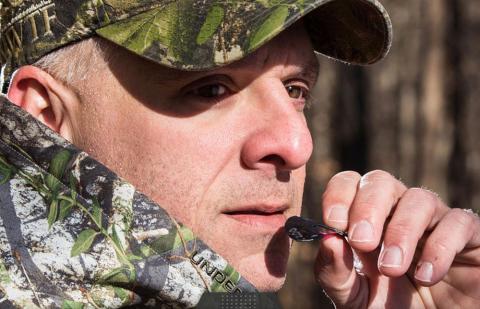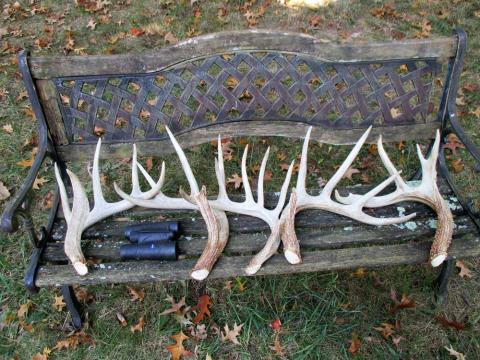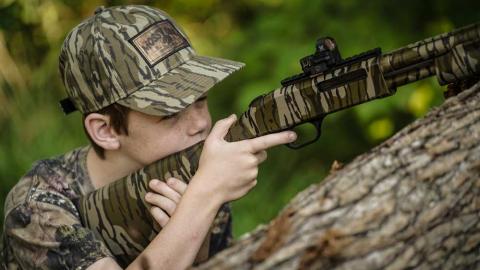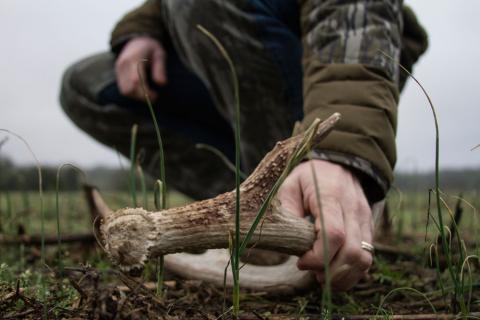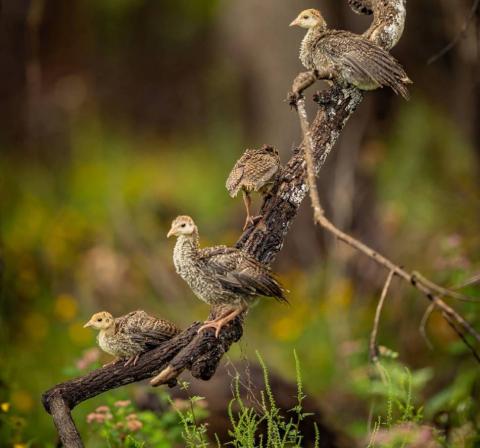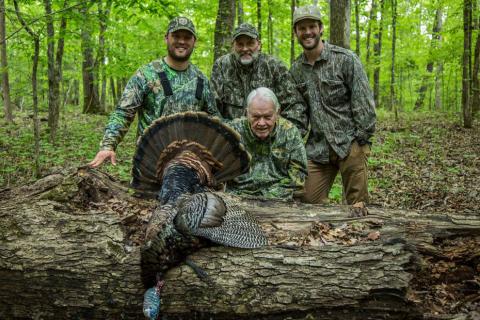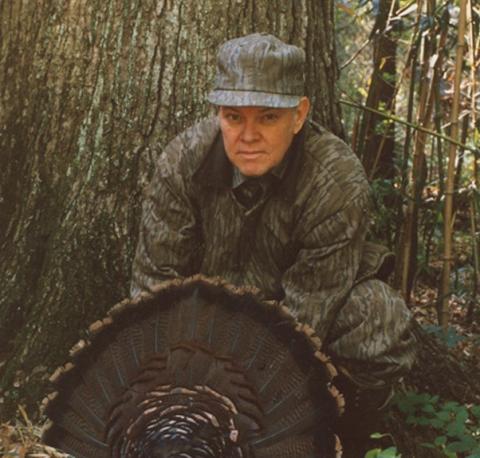Part of a successful hunt is finding the best time to hunt or understanding how weather may impact your hunting in order to adapt to changing weather conditions. While there may not be much you can control in terms of weather conditions, knowing strategies to use under different conditions could be the difference between a successful and unsuccessful hunt. Part of these strategies is understanding how turkeys will react to changes in weather. In this article, we have prepared turkey hunting weather tips to ensure your spring turkey hunt expedition is a success.
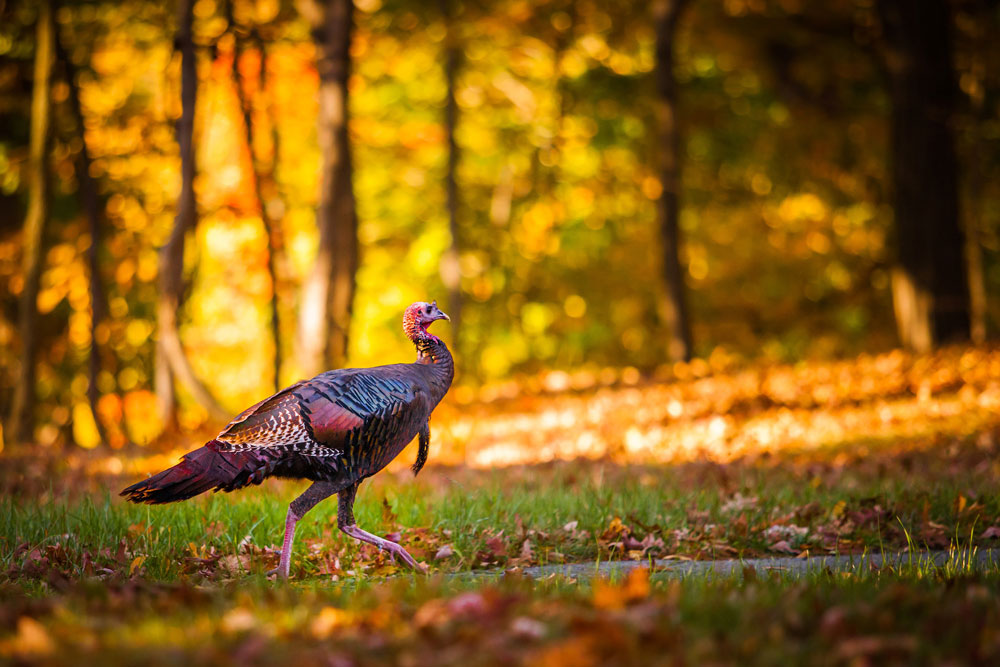
Ideal Weather for Turkey Hunting
As with most animals, the weather will impact the behavior patterns of turkeys. For a successful hunt, you want gobblers to be out in the open or follow a predictable pattern that makes them easy to find and at their most vulnerable. There are two types of weather that will promote this pattern: light rainy, warm days and hot, dry days. Once the birds have adapted to this pattern, you can take advantage of the conditions and complete your hunt.
Turkey hunting during light rainy days should focus on open areas as the birds are likely to take advantage of the weather to feed on small earthy insects. At this time, there is a high chance of finding birds close to their roosting areas. During the scouting period, it is advisable to pinpoint areas and mark them on a map or tracking app. Once the weather changes, you can take full advantage of it. On hot and dry days, on the other hand, turkeys are likely to visit water areas or shady mountain regions as they are looking to escape the rising temperatures and stay cool.
Turkey Behavior in Different Weather Conditions
Other than the ideal weather, it is important to know how different weather conditions will affect gobblers' behavior. Here are some of the notable weather conditions and how they affect turkey behavior.
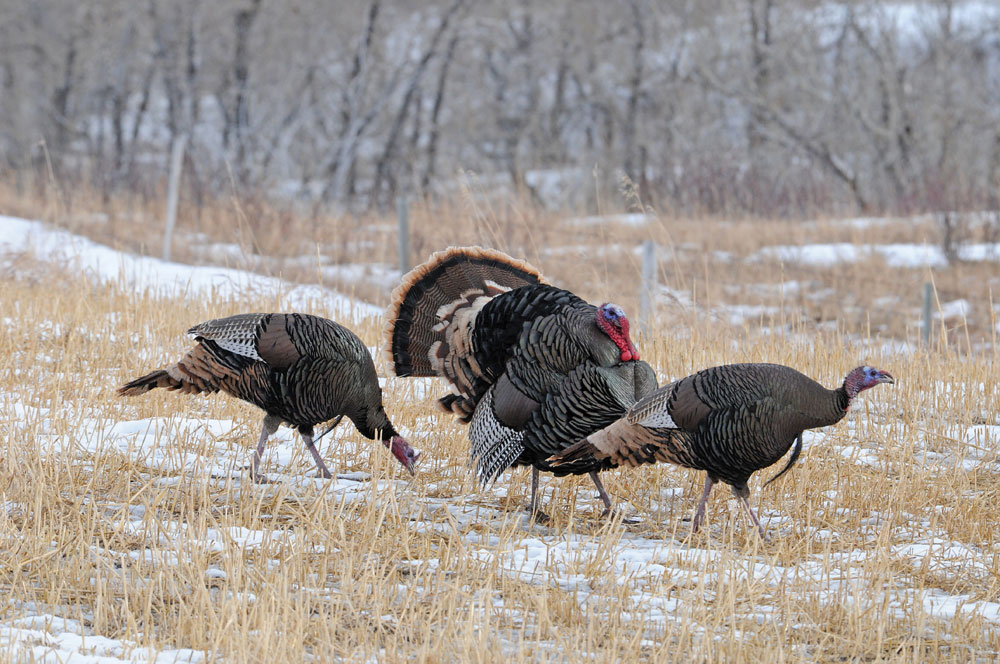
Heavy Rains
Heavy rains may cause turkeys to remain in their nest or roost well after daylight. As the rain subsides, they are likely to roost and move to wet or flooded areas for food. If you are looking to hunt during the rainy season, then it is best to wait until the heavy downpour has stopped. If you find yourself on the hunt during a rainy day, then take full advantage of the weather and hunt when the rain isn't falling as heavily. In most cases, sudden heavy downpours will reduce the eyesight capacity of wild turkeys and limit their hearing, which makes it the best time to pounce.
Hot Weather
Other than causing turkeys to seek cool areas, hot weather will also limit the birds' movement in that they are less likely to respond to the keel and prefer to stay in areas where they are more comfortable. If you don't know the cool areas where turkeys are likely to bask, this could make the hunt more difficult.
Strong Winds
Strong winds will likely make the process of chasing gobblers more difficult. This type of weather may also make it much harder to hear gobblers respond to your calls, which could make it even more challenging to identify their location. At this time, it is advisable to identify the side on which the wind is blowing so you can know where to hunt.
How Weather Affects Turkey Hunting Success
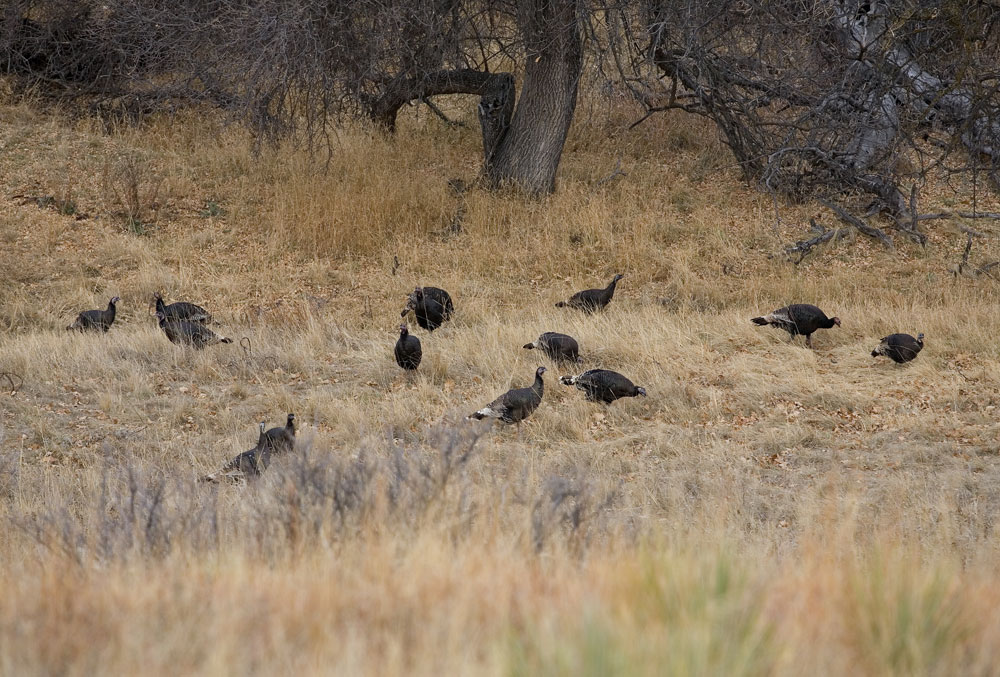
The weather may impact turkey hunting success by influencing turkey behavior and moving patterns. It could influence key factors such as the level of visibility, audibility, and hearing ability.
The time of the day may also impact your hunting success. In the morning, turkeys like to graze, so knowing their feeding fields can help you plan the hunt. At noon and afternoon, they may head to shadier places to escape the heat, while in the evening, they may graze close to their nests.
Knowing how to adapt and use different weather conditions and times of day is crucial to a successful hunt. The aforementioned turkey hunting tips are some of the ways you can ensure that you adapt to the weather and avoid going home empty-handed.
Final Thoughts: The Best Time to Hunt Turkey
While waiting till you have the ideal weather tremendously increases your chances of success, sometimes it is best to strap on your gear, ready the equipment and head outside; you can never discount the value of luck. Even the least successful days can serve as a good experience and learning curve in your hunting mastery.
















